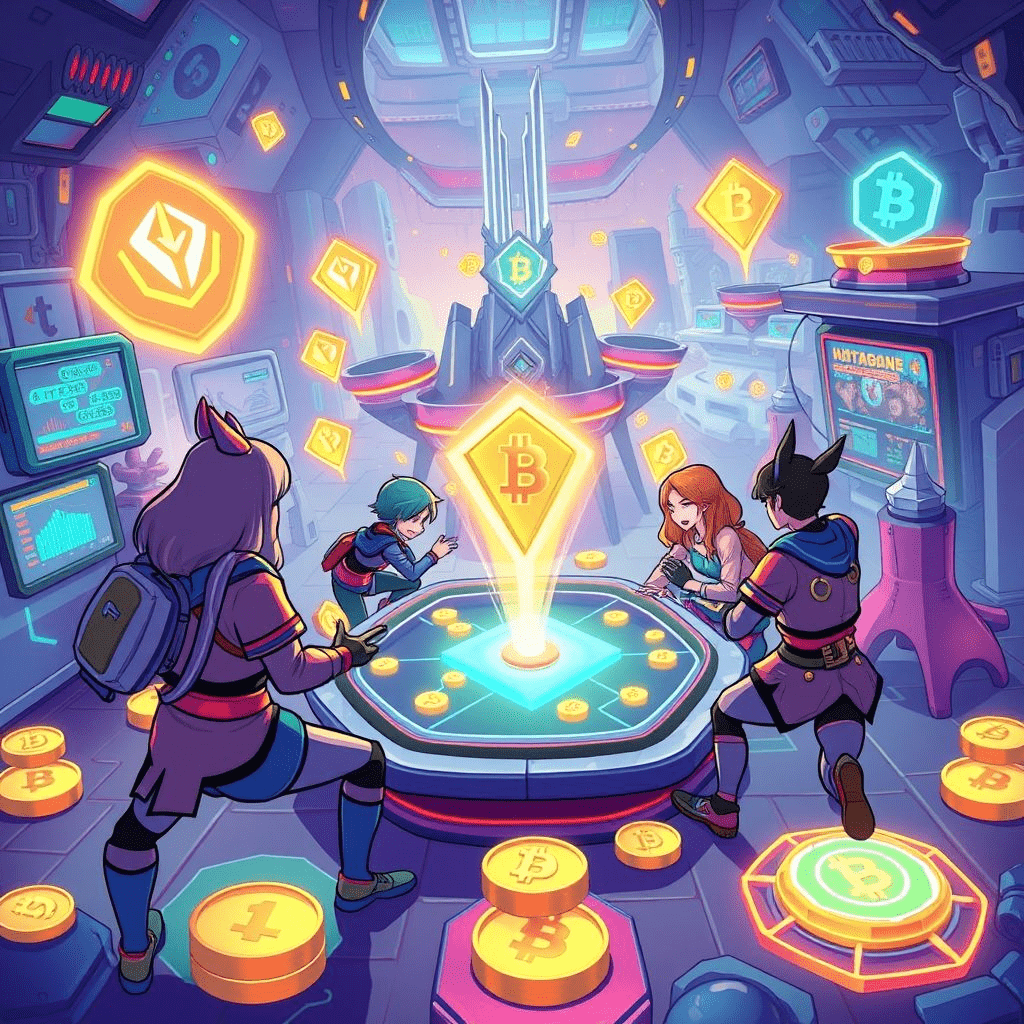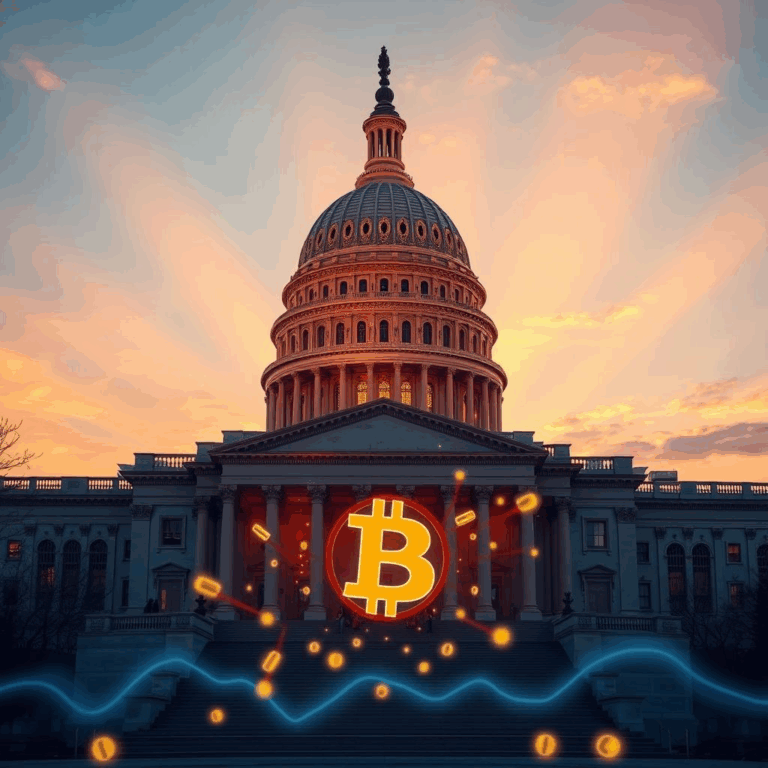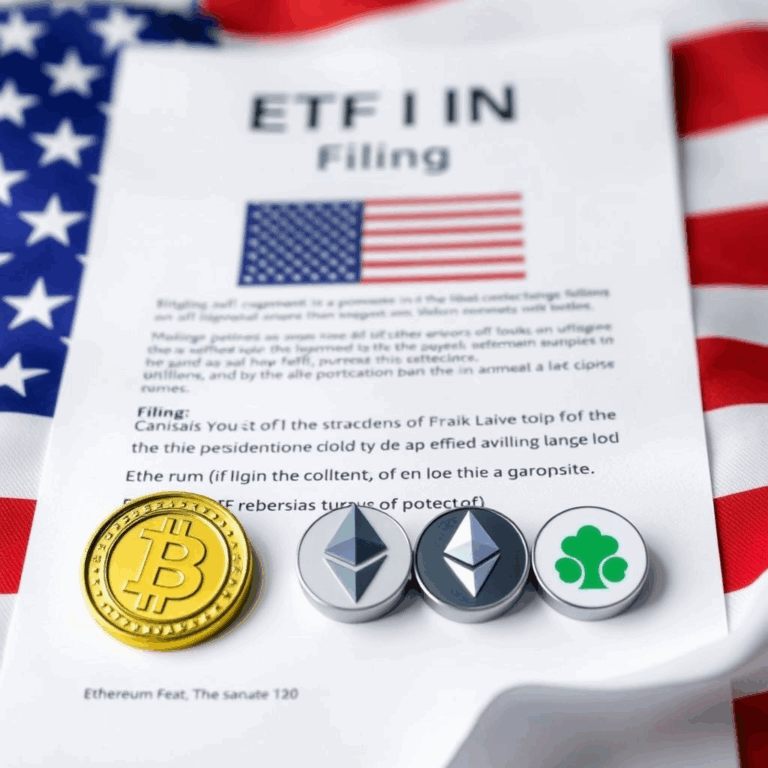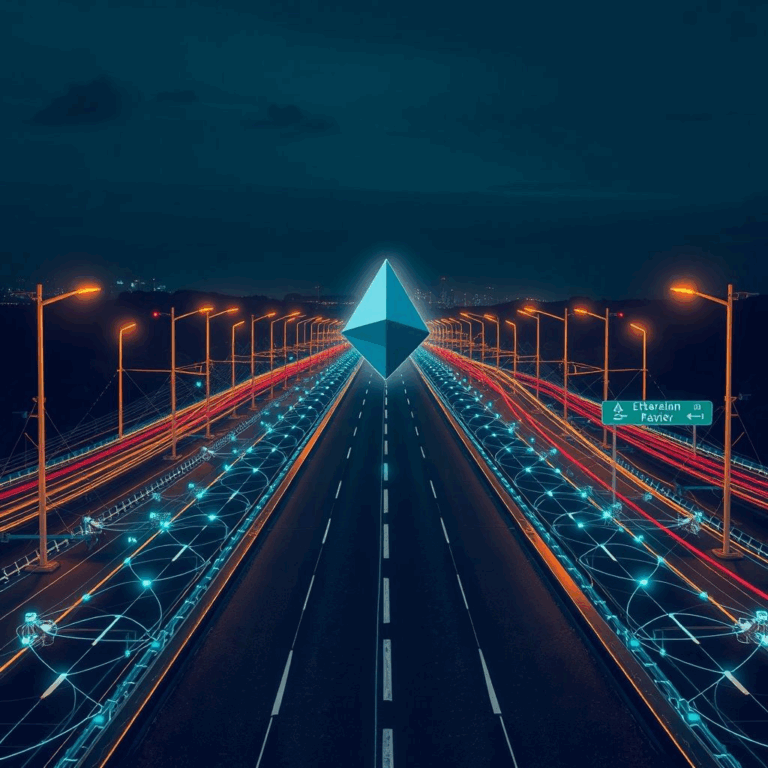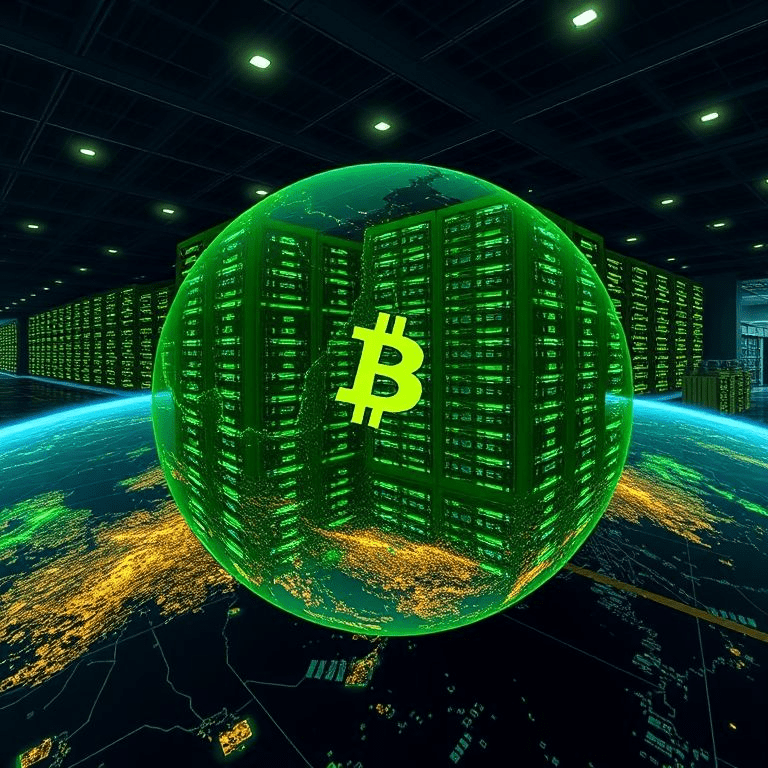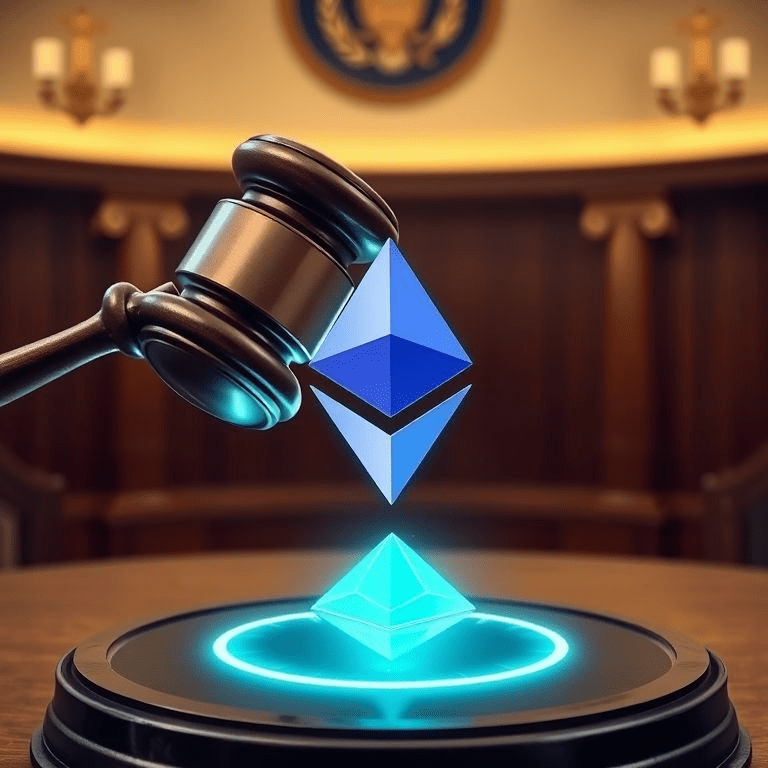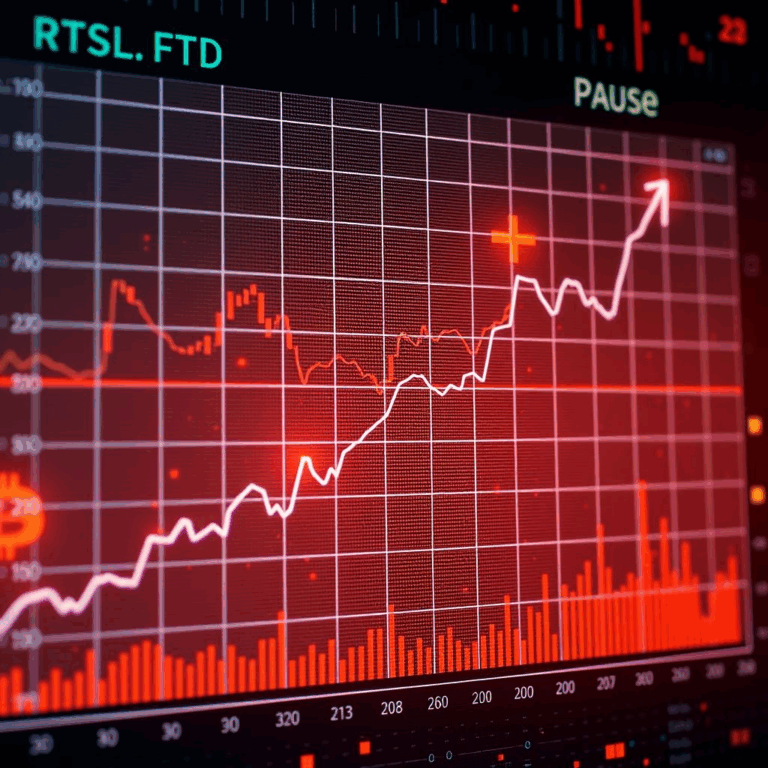Blockchain gaming is revolutionizing the crypto economy by merging decentralized technology with interactive entertainment, creating new economic models, and empowering players with true ownership of digital assets. By leveraging blockchain’s transparency, security, and interoperability, these games are reshaping how value is created, traded, and distributed in virtual ecosystems.
At the heart of blockchain gaming is the concept of play-to-earn (P2E), where players earn cryptocurrencies or non-fungible tokens (NFTs) through gameplay. Unlike traditional games, where in-game assets are controlled by developers, blockchain games enable players to own, trade, or sell digital items—such as skins, weapons, or virtual land—on open marketplaces. This ownership, secured by blockchain’s immutable ledger, fosters vibrant player-driven economies. For instance, games like Axie Infinity have enabled players in developing regions to earn significant income, highlighting the socio-economic potential of P2E models.
Blockchain gaming also introduces decentralized governance, allowing players to influence game development through tokenized voting systems. This democratizes creative control, aligning games with community interests and fostering loyalty. Moreover, interoperability—enabled by blockchain standards like ERC-721 and ERC-1155—lets assets move across games or platforms, creating a metaverse-like economy where virtual goods retain value beyond a single game.
The crypto economy benefits immensely from this surge. Blockchain games drive mass adoption of cryptocurrencies, as players use native tokens for in-game transactions, staking, or governance. This increases token circulation and liquidity, strengthening decentralized finance (DeFi) ecosystems. Additionally, NFT marketplaces like OpenSea thrive on gaming-related trades, generating significant transaction volumes. In 2023, blockchain gaming accounted for a substantial portion of daily blockchain transactions, underscoring its economic impact.
However, challenges persist. High gas fees on networks like Ethereum can deter players, though layer-2 solutions and eco-friendly blockchains like Polygon and Solana are addressing this. Scalability, user experience, and regulatory uncertainties around crypto earnings also need resolution. Furthermore, concerns about speculative bubbles in NFT valuations and environmental impacts of energy-intensive blockchains require sustainable innovations.
By blending entertainment with economic opportunity, blockchain gaming is redefining the crypto economy. As technology evolves, it promises to create inclusive, decentralized ecosystems where players are stakeholders, driving innovation, wealth creation, and global adoption of blockchain technology.
#BlockchainGaming #PlayToEarn #CryptoEconomy #GamingRevolution #DeFiIntegration

